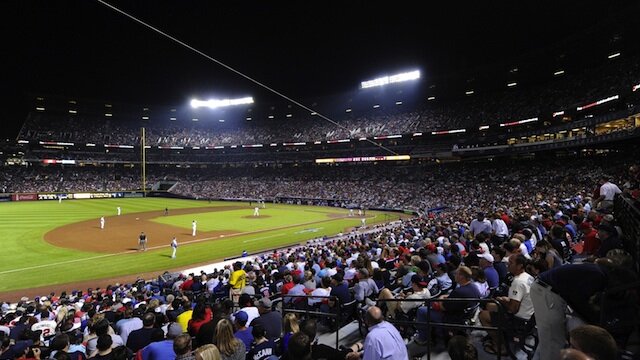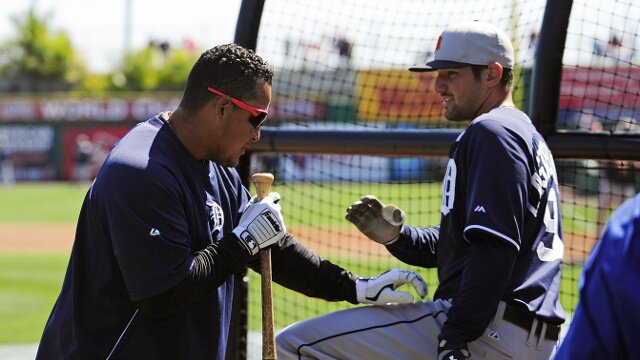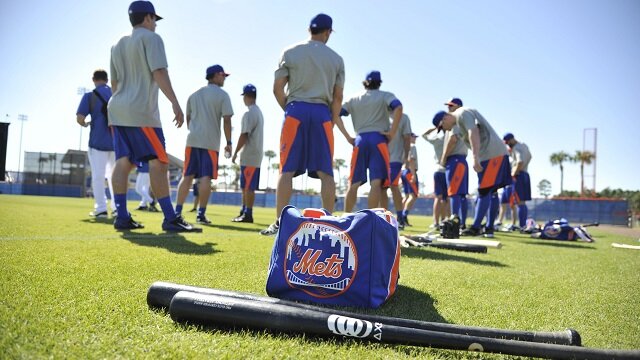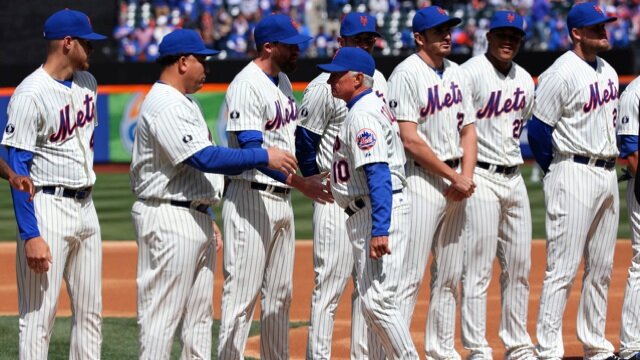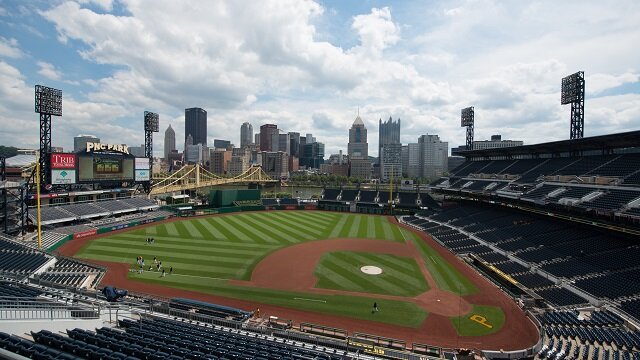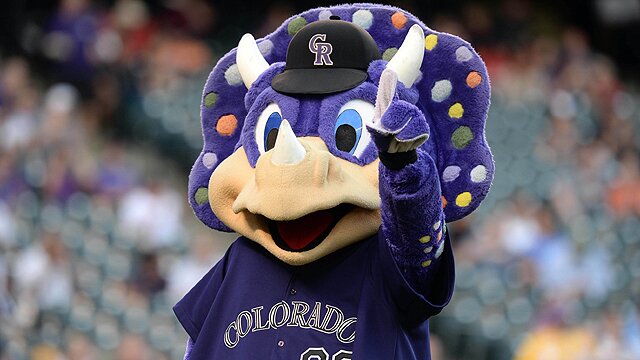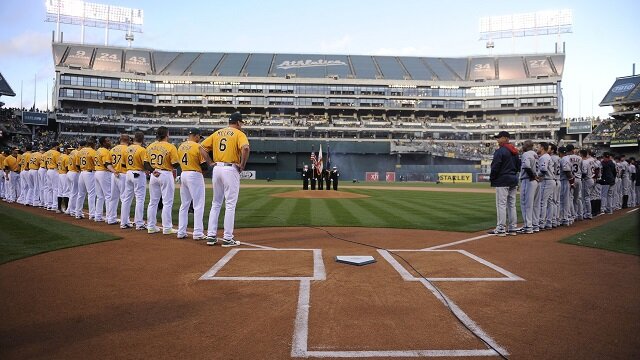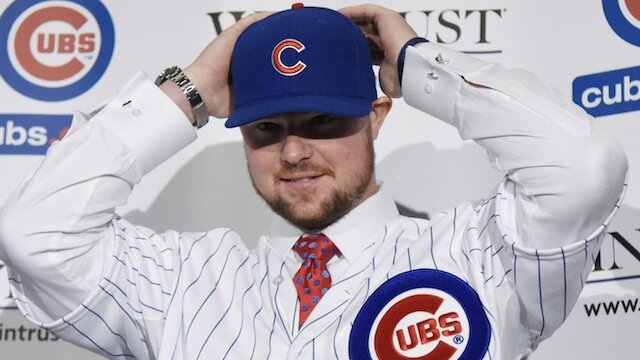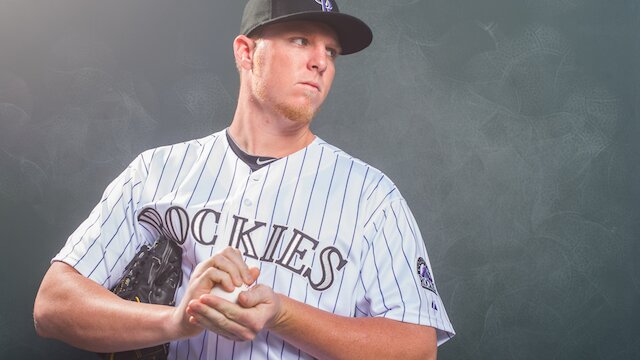Coca-Cola, Chick-Fil-A and the Race to Name the New Atlanta Braves Stadium
Nearly $300 million – that’s how much the Atlanta Braves have spent this offseason. Five major contract extensions (well, four, and one that will hopefully eventually become a long-term deal) have resulted in a veritable spending spree – unprecedented in the hub of the south.
The Braves have typically been one of the more frugal, tight-lipped organizations when it comes to player acquisitions and contract extensions. With the exception of the Dan Uggla debacle and B.J. Upton fiasco (and to make no mention of the Mike Hampton circus in which the Braves played no small part), Atlanta has not fallen victim to the mega-deal. Perhaps it’s because they’re a middle-market team; perhaps it’s because their behind the scenes goings-on are executed with extreme carefulness; or perhaps it’s just dumb luck. The point is, the Braves have never been truly big spenders.
Before Freddie Freeman signed his eight-year, $135 million contract earlier this week, the franchise record had been the $90 million deal given to one Chipper Jones. So naturally, the question to be asked here is: where did the organization get all this money?
It certainly isn’t coming from the TV deal the team is locked into with Fox Sports South. Running through the 2027 season, the Braves have arguably the worst TV contract in all of baseball, bringing in an annual revenue of between $10 and $20 million. Compare this to the Philadelphia Phillies‘ deal which brings in roughly $100 million a season, or the Los Angeles Dodgers‘ controversial contract worth a gaudy $280 million.
The answer is that the money isn’t here yet. But it will be.
Fiscal speculation is a dangerous game to play, but I trust the Atlanta front office has done its research. And though my scope and knowledge of economics are primitive and limited, I tend to agree with the Braves overriding policy.
The organization is banking on a large increase in revenue with the opening of the new stadium in 2017. This is evidenced by the five recent contract extensions, all of which are heavily back-loaded, with each player receiving significant pay increases as his contract progresses. This could prove to be a pitfall; income may well remain flat, and if so, the Braves will find themselves in dire monetary straights over the next several seasons.
But there is reason for optimism.
Not only will the new stadium be in a more wealthy, financially stable part of town (this is to say nothing of the political implications evident in the move from Atlanta’s largely disenfranchised south side to its privileged and empowered north side), but the venue itself has the potential to bring in enormous amounts of revenue.
The city of Atlanta is in a somewhat unique position, and if the organization plays its cards correctly, it should be able to leverage this situation to its advantage.
The issue at hand is the naming rights for the new stadium. With major corporations such as Coca-Cola, Home Depot and Chick-Fil-A headquartered in and around the Atlanta area, there will be significant competition for the stadium’s name. And it is not unlikely that a sort of bidding war could ensue. How much would Pepsi Corporation be willing to pay to slap their name on the hometown field of their main competitor? Likewise, what would Lowes be willing to give up to do the same to Home Depot? And how much would Coca-Cola and Home Depot be willing to offer to keep their competitors out of their own backyard?
A record deal could be in the making here. Don’t expect to see anything astronomical, but also don’t be surprised to see the naming rights for the Braves’ new stadium sold for more than the $20 million a year Citi Bank gives the New York Mets. Couple this with the projected increase in ticket sales and the organization may well offset its abysmal TV deal (imagine where they will find themselves in 2027 when they finally shrug off Fox Sports South).
It’s risky, certainly. But all business ventures are. I trust what Frank Wren and his advisors are doing. I trust they’ve done their research. And I trust that they have secured a bright future for the organization.
Rob Holden is an Atlanta Braves writer for www.RantSports.com. Follow him on Twitter @RobMHolden, “Like” him on Facebook or add him to your network on Google.
5 Position Battles To Watch In Detroit Tigers' ST
Here are five position battles to watch out of the Detroit Tigers' camp as we get set to enter Spring Training. Read More
5 Mets Position Battles During Spring Training
Breaking down five position battles to watch during New York Mets' Spring Training. Read More
Predicting Mets' Opening Day Lineup in 2015
A pre-spring training prediction of what the New York Mets' Opening Day lineup will be in 2015. Read More
Pittsburgh's Pre-Spring Training Lineup Prediction
The 2015 Pittsburgh Pirates' Opening Day lineup seems set barring injuries during Spring Training, while the bench remains a question mark. Read More
5 Biggest Questions Rockies Must Answer In Spring
The Colorado Rockies head to Spring Training wondering if some of the stars are healthy after an injury-riddled 2014, but the big question will be Troy Tulowitzki's trade status. Read More
Phillies Would Be Wise to Trade Ben Revere
Ben Revere’s trade value will likely not be any higher than it is now, so the Philadelphia Phillies would be wise to offer him to the highest bidder. Read More
Oakland Athletics X-Factors Heading into 2015
These should be called “A-Factors” when it comes to Oakland. It’s whether the new guys can fit in the A’s mold before the GM starts looking to deal. Read More
Chicago Cubs' Projected 2015 Opening Day Rotation
The Cubs' starting rotation figures to look a lot different in 2015, and that's a good thing. Here are the five Joe Maddon could go with heading into the season with. Read More
MLB Shouldn't Change Strike Zone
MLB is reportedly considering cutting out some of the lower part of the strike zone starting in 2016. This would be a big mistake for a number of reasons. Read More
5 Biggest Rockies X-Factors Heading Into 2015
The Colorado Rockies have not been to the postseason since 2009 and are on their third manager since that time. Here are five areas the team needs to see improvement from in 2015. Read More
5 Biggest Blue Jays X-Factors Heading Into 2015
Toronto Blue Jays fans have anxiously been anticipating a return to the postseason for two decades now. Manager John Gibbons hopes to get them there with strong performances by this supporting cast. Read More
Cubs' Kris Bryant Is NL ROY Front-runner
He may not get called up until late April, but the Chicago Cubs' ultra-talented third base prospect Kris Bryant is the favorite to win the 2015 NL ROY award. Read More
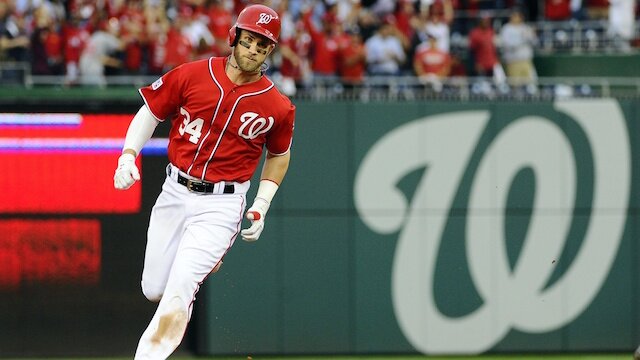
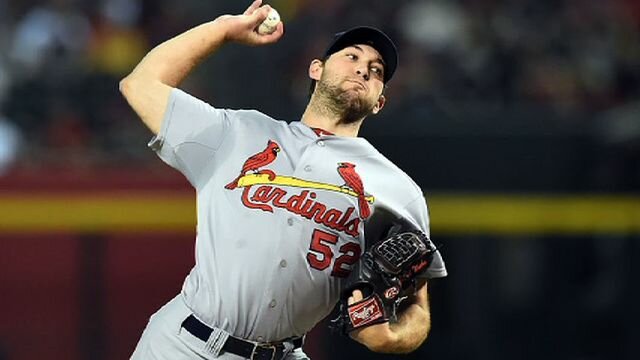
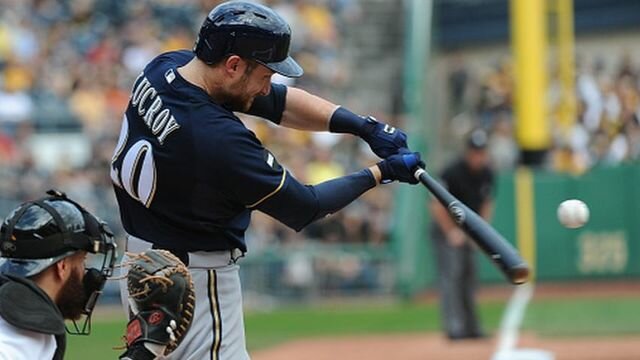


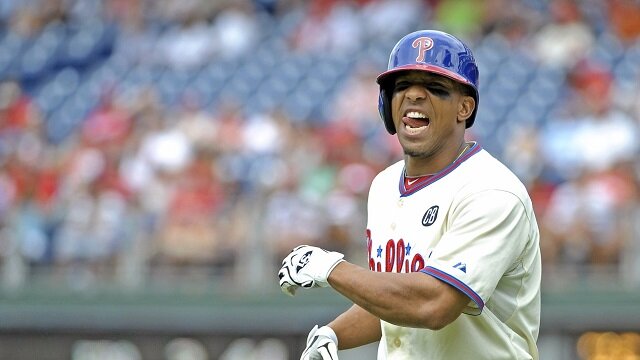
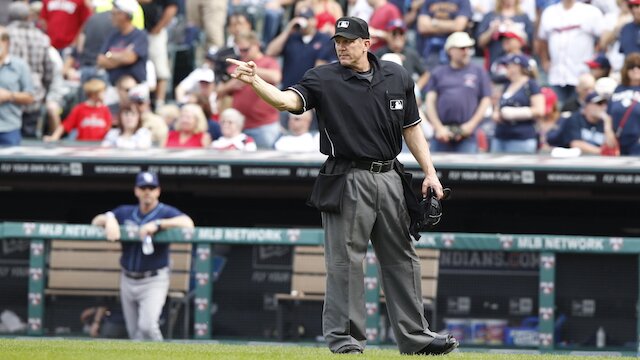
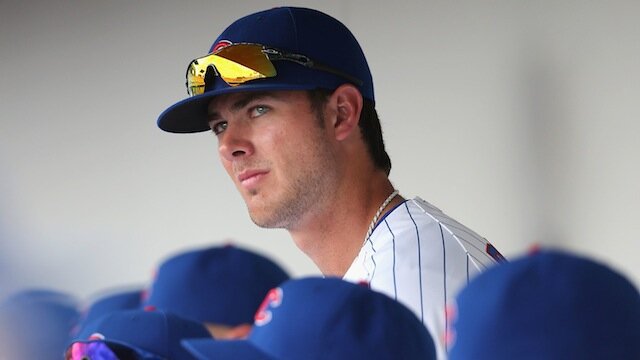
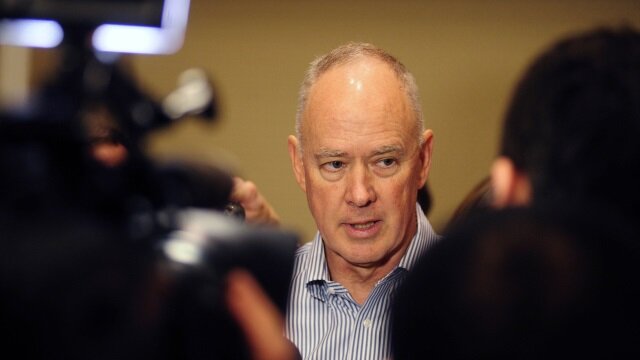
 @RobMHolden
@RobMHolden 